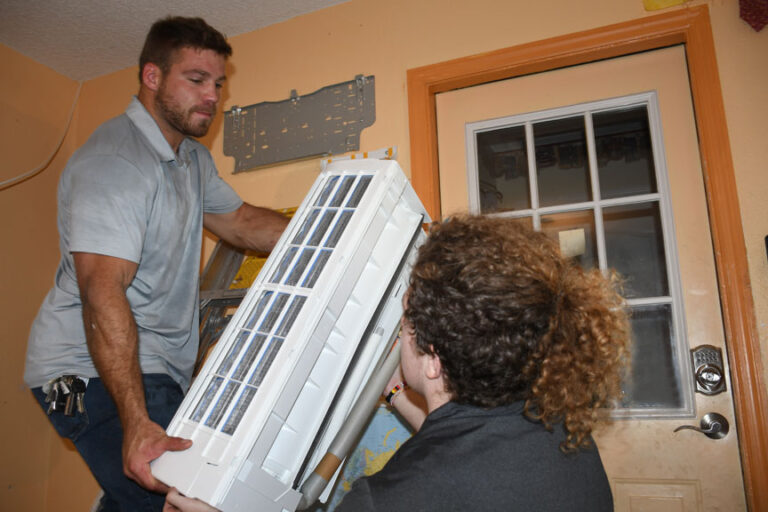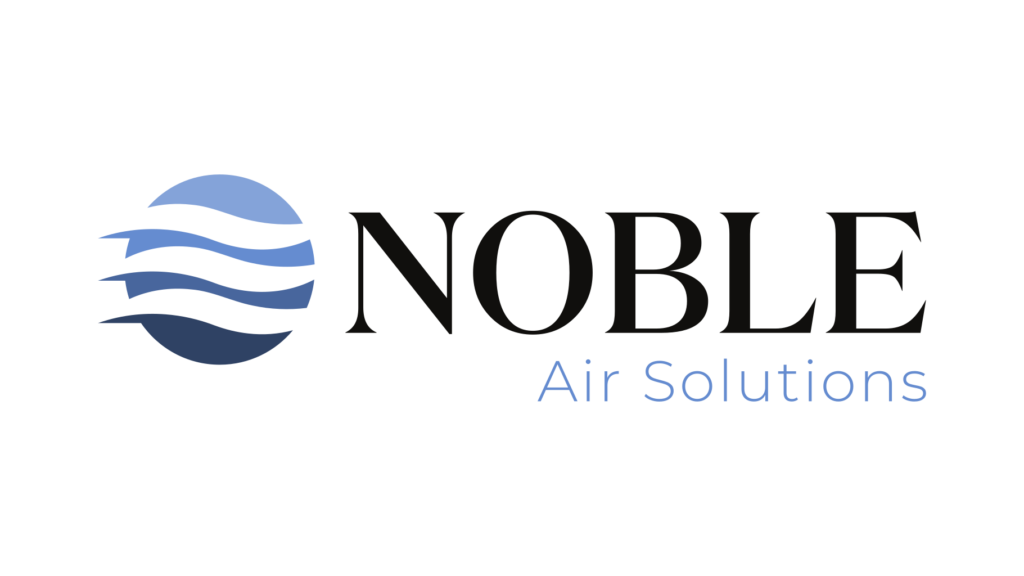With the arrival of cooler temperatures in Tallahassee, residents must prioritize preparing their homes for winter. Efficiently weatherizing your HVAC system can make a significant impact on both your comfort and energy usage.
Insulation is a key factor in maintaining warmth during the colder months and reducing unnecessary energy consumption.
By identifying and sealing air leaks, you can prevent heat loss and create a more sustainable indoor environment.
Routine maintenance is also essential for ensuring your HVAC system operates effectively and lasts longer. Implementing these weatherization strategies will not only save you money on utility bills but also contribute to a more eco-friendly lifestyle.
Get ready to stay cozy and efficient throughout the winter with these helpful tips for weatherizing your Tallahassee home.
Insulation and Sealing Techniques
Properly maintaining your HVAC system through effective insulation and sealing techniques is essential for optimal energy efficiency and long-term cost savings. Insufficient insulation and poor sealing can result in energy loss, air leaks, and inconsistent temperatures within your home.
By investing in high-quality insulation materials and employing sound sealing practices, you can create a more comfortable and eco-friendly living space.
Taking steps to weatherize your heating and cooling system not only enhances indoor comfort but also extends the lifespan of your equipment.
Don’t underestimate the impact that insulation and sealing can have on your home improvement efforts.

Energy Savings with Weatherization Strategies
Properly insulating your home and sealing up any air leaks can greatly improve energy efficiency and save you money on utility bills. By taking the time to address draft proofing and air leaks, you can prevent heat loss and maintain a comfortable indoor temperature throughout the year.
Another important aspect of weatherization is ensuring that your ductwork is properly sealed and insulated.
This step is essential in preventing hot or cold air from escaping and maximizing the efficiency of your HVAC system.
Weather stripping around doors and windows plays a key role in reducing energy waste and improving overall insulation.
Efficient HVAC System Maintenance
Proper maintenance of your heating, ventilation, and air conditioning (HVAC) system is essential to ensure it functions optimally and lasts a long time. A critical component of keeping your HVAC system efficient is weatherizing it to prevent energy waste and boost performance.
Addressing air leaks in ductwork and adding adequate insulation can improve the quality of indoor air and decrease energy consumption.
Implementing upgrades to increase efficiency and adjusting thermostat settings can further enhance your system’s operation, leading to significant energy savings over time.
By following these maintenance suggestions and staying proactive with upkeep, you can guarantee your HVAC system runs smoothly and effectively throughout the year.
Indoor Air Quality Enhancements
Maintaining a healthy living environment is essential for overall well-being. Indoor air quality enhancements play a crucial role in achieving this goal, as they can help prevent respiratory issues and allergies.
Addressing common indoor air pollutants like dust, pet dander, and mold is key to improving air quality.
Proper ventilation, regular cleaning, and using air purifiers are effective strategies for enhancing indoor air.
Attic insulation, along with maintaining HVAC systems and monitoring humidity levels, also contributes to cleaner indoor air. An energy audit can pinpoint areas for improvement, while window coverings and programmable thermostats can further reduce indoor pollutants.
Taking these steps can lead to a healthier and more comfortable indoor environment.
Benefits of Improving Indoor Air Quality
- Proper ventilation reduces the concentration of indoor air pollutants
- Regular cleaning helps eliminate dust and pet dander from the living environment
- Using air purifiers can capture and remove harmful particles from the air
- Attic insulation helps maintain consistent indoor temperatures and reduce energy consumption
Thermostat Settings for Energy Efficiency
Achieving optimal energy efficiency involves understanding how thermostat settings impact overall energy consumption. Your thermostat’s role in controlling the heating and cooling of your space is significant, directly influencing the amount of energy you use.
By adjusting your thermostat to the right levels, you can realize substantial energy savings while ensuring you remain comfortable.
Incorporating weatherization services into your HVAC system can further enhance its efficiency, amplifying your efforts in energy conservation.
Consistent maintenance practices are essential to keep your thermostat functioning correctly and contribute to long-term energy efficiency goals. By following these strategies, you can effectively manage your energy usage, cut down on expenses, and lessen your environmental footprint.
Ductwork and Air Leak Solutions
Ensuring that your home’s HVAC system is properly sealed and free of air leaks is essential for maintaining a healthy indoor environment and maximizing energy efficiency. Air sealing in ductwork is a critical step in preventing wasted energy, improving ventilation, and safeguarding against potential health risks.
Recognizing signs of leakage, such as inconsistent temperature regulation, escalating energy costs, and excessive dust accumulation, is key to addressing these issues promptly.
By insulating ductwork and employing carbon monoxide detectors to monitor for leaks, you can enhance system performance and safeguard your household.
In addition, seeking out weatherization assistance can further fortify your home’s defenses against energy loss. Considering an upgrade to energy-efficient windows can also contribute to heightened energy savings and overall efficiency in your living space.
| Benefits of Air Sealing | Actions to Take |
|---|---|
| Prevents wasted energy | Insulate ductwork |
| Improves ventilation | Employ carbon monoxide detectors |
| Safeguards against health risks | Seek weatherization assistance |
| Enhances system performance | Upgrade to energy-efficient windows |
Weather Stripping and Draft Proofing
Improving your home’s energy efficiency is essential, especially when considering the significant impact on your utility bills. Draft proofing and weather stripping are effective methods to prevent air leaks and reduce energy consumption.
Proper installation of weather stripping materials can help maintain a comfortable indoor environment while lessening the strain on your HVAC system.
Areas such as doors, windows, and attic hatches are commonly in need of weather stripping to seal off potential air leaks.
Regular maintenance of these materials is crucial for optimal insulation and energy savings. Investing in draft proofing can have long-term benefits, making it a worthwhile consideration for homeowners seeking to enhance their energy efficiency.
Humidity Control and Ventilation Tips
Creating a comfortable and healthy indoor environment involves paying attention to factors like ventilation and humidity levels. By optimizing airflow and using tools like dehumidifiers or air purifiers, you can improve air quality and reduce moisture buildup.
It’s also important to implement weatherization techniques to seal air leaks and enhance energy efficiency.
Regular maintenance of HVAC systems is crucial for optimal performance and longevity.
These steps, along with energy-efficient design and materials, can help you maintain a space that promotes well-being and comfort for you and your family.
Creating a Comfortable and Healthy Indoor Environment
- Optimizing airflow can help reduce indoor air pollutants and improve overall air quality.
- Using a dehumidifier can help prevent mold growth and reduce the risk of respiratory issues caused by high humidity levels.
- Implementing weatherization techniques can help save energy and reduce utility costs by sealing air leaks and improving insulation.
- Regular maintenance of HVAC systems can improve efficiency, reduce the risk of breakdowns, and extend the lifespan of the equipment.
Hvac System Zoning Tips Tallahassee: How to Optimize Your Homes Climate
Hvac System Energy Savings Tips Tallahassee: How to Slash Your Utility Bills
